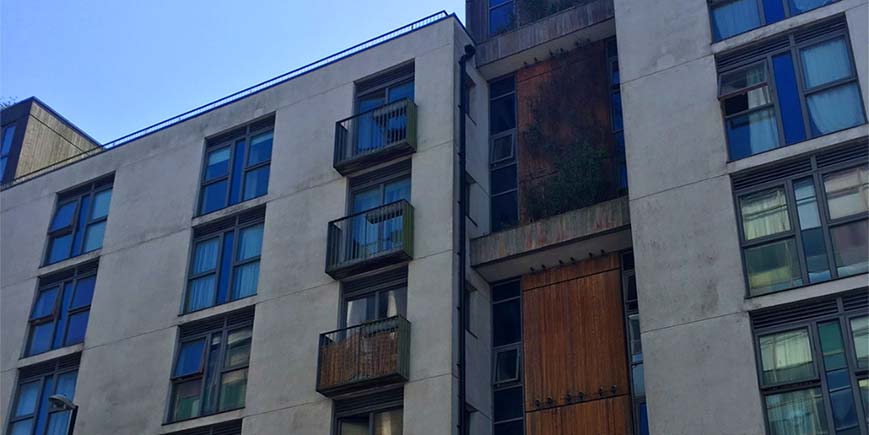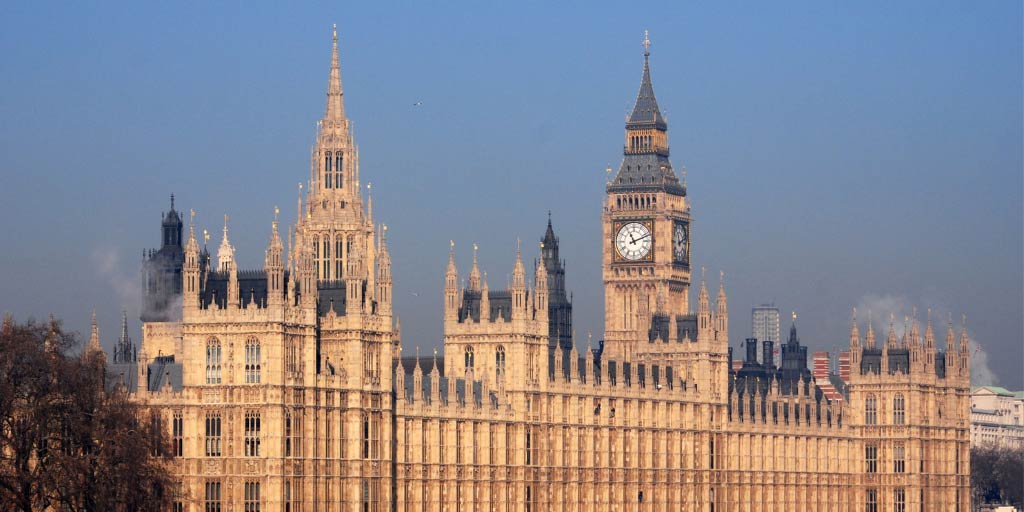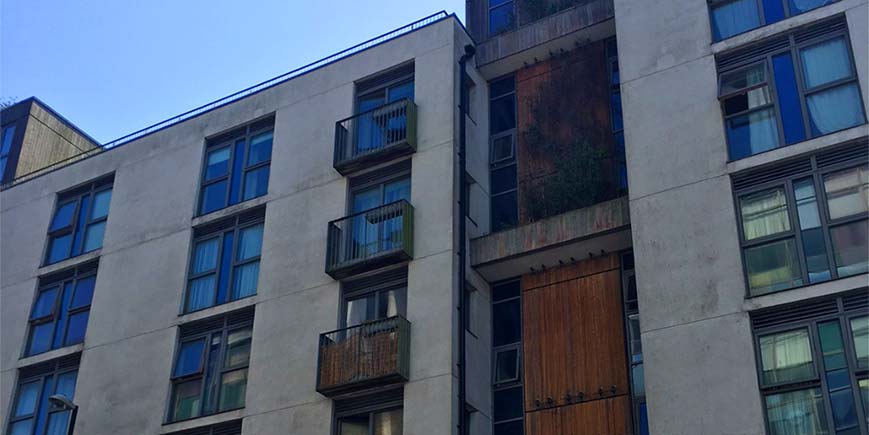This information should not be interpreted as financial, tax or legal advice. Mortgage and loan rates are subject to change.

Categories: government and politics | tax
In a move heralded as a victory for tenants and landlords alike, the UK government has announced its intention to simplify the council tax system for Houses in Multiple Occupation (HMOs).
The decision, prompted by a consultation from the Department of Levelling Up, Housing and Communities, will categorise HMOs as single properties, ending the practice of charging council tax on individual rooms.
For years, tenants in shared housing have been presented with heavy council tax bills, often calculated per room rather than per property.
Some councils, among them Portsmouth City Council, have reportedly viewed the legacy banding as a source of extra revenue, and pushed for treating HMO rooms as separate taxable entities.
This led to some tenants facing crippling back-dated bills running into thousands of pounds.
The government's new policy promises to alleviate this financial strain, potentially saving tenants up to £1,000 a year.
The new regime for HMO council tax is hoped to come into effect at the end of 2023.
Industry reaction
The decision has been widely praised, with the National Residential Landlords Association (NRLA) hailing it as a victory for both tenants and landlords.
The move will not only make administration easier for landlords, but may lower the cost of renting for tenants, and not at the cost of landlords.
NRLA Chief Executive, Ben Beadle, expressed his delight, emphasising the positive impact this change would have on tenants' budgets and landlords' ability to attract renters.
He comments:
We are delighted that the Government has listened to NRLA and others and will end the unjust practice of charging council tax on individual rooms.
Not only will it save tenants money, it means landlords will once again be able to let rooms inclusive of council tax, making it easier for renters to budget.
We look forward to the necessary changes being implemented without delay.
Hollow victory for some?
However, amidst the celebrations, legal experts have raised concerns about the nuanced wording of the initiative.
Phil Turtle, Compliance Director at Landlord Licensing and Defence, has highlighted a critical issue that could affect a substantial number of tenants. While the government's announcement seems like a definitive win, it may not cover all types of HMOs.
Turtle's concern centres on Section 254(4) HMOs, where certain rooms have private essential facilities located outside the immediate living space.
For instance, a tenant might have a kitchenette within their bedsit, but must venture down the corridor to access their private bathroom.
According to Turtle, clarity in legislation is crucial to ensure that all Section 254 HMOs, including the Section 254(4) category, are treated uniformly. Without this clarification, hundreds of thousands of tenants in such HMOs could still find themselves obligated to pay individual council tax bills, rendering the apparent victory far less substantial than it appears.
While the government's decision to simplify council tax calculations for HMOs marks a significant step towards fairness and transparency, the legal intricacies surrounding certain types of HMOs demand urgent attention.
Commercial Trust will be following this story and will keep our subscribers updated. Join our mailing list here.



